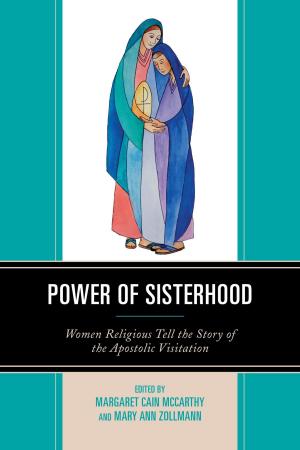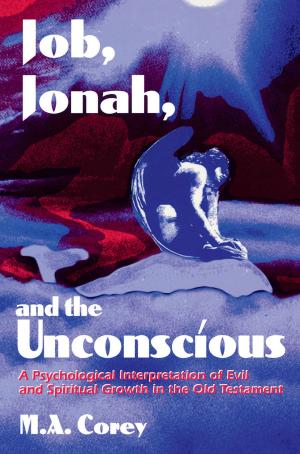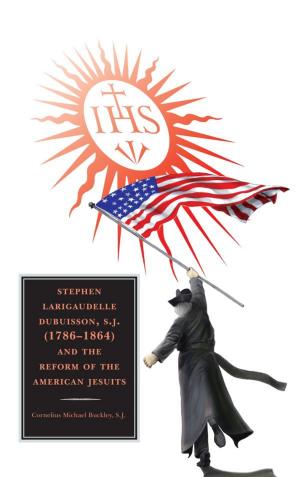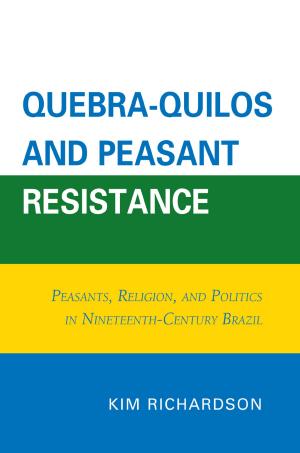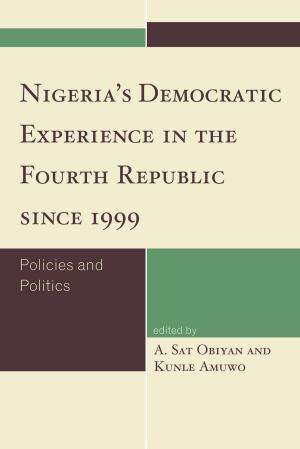Antisemitism Explained
Nonfiction, Religion & Spirituality, Judaism, History, Health & Well Being, Psychology, Social Psychology, Social & Cultural Studies, Social Science| Author: | Steven K. Baum | ISBN: | 9780761855798 |
| Publisher: | UPA | Publication: | November 21, 2011 |
| Imprint: | UPA | Language: | English |
| Author: | Steven K. Baum |
| ISBN: | 9780761855798 |
| Publisher: | UPA |
| Publication: | November 21, 2011 |
| Imprint: | UPA |
| Language: | English |
"Beneath the surface [of our society]," writes historian Robert Wistrich, are "ancient myths, dark hatreds, and irrational fantasies [that] continue to nourish antisemitism." But the larger question has to do with why we are so prone to believe them. To that end, Steven K. Baum has an answer. In this book, Baum carefully guides the reader through the social mind and explains how the formation of social beliefs can be used as a narrative to determine reality. He offers a new perspective regarding how antisemitic legends and folk beliefs form the basis of our ongoing social narrative. Baum asks the reader to consider a social unconscious-the cauldron of cultural fantasies that consists of superstitions, magical thinking, and racial tales. This witches' brew concocts a Social Voice that can be loud or quiet, benign or hostile, fleeting or permanent. Most importantly, this voice is undeniably antisemitic and racist. As is often the case in the court of public opinion, those who own the narrative, win. In Antisemitism Explained, Baum reminds us to think critically about our own social narrative and to be careful about what we choose to believe.
"Beneath the surface [of our society]," writes historian Robert Wistrich, are "ancient myths, dark hatreds, and irrational fantasies [that] continue to nourish antisemitism." But the larger question has to do with why we are so prone to believe them. To that end, Steven K. Baum has an answer. In this book, Baum carefully guides the reader through the social mind and explains how the formation of social beliefs can be used as a narrative to determine reality. He offers a new perspective regarding how antisemitic legends and folk beliefs form the basis of our ongoing social narrative. Baum asks the reader to consider a social unconscious-the cauldron of cultural fantasies that consists of superstitions, magical thinking, and racial tales. This witches' brew concocts a Social Voice that can be loud or quiet, benign or hostile, fleeting or permanent. Most importantly, this voice is undeniably antisemitic and racist. As is often the case in the court of public opinion, those who own the narrative, win. In Antisemitism Explained, Baum reminds us to think critically about our own social narrative and to be careful about what we choose to believe.



